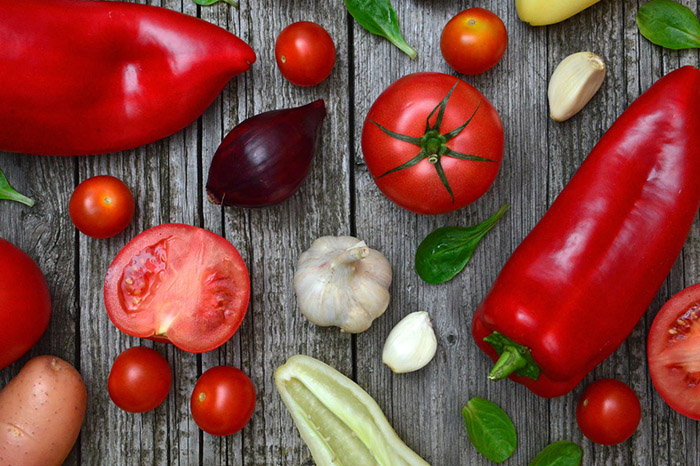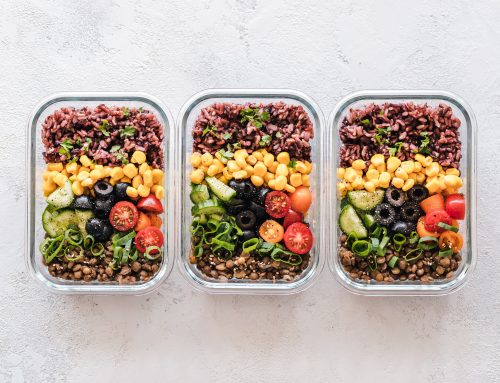There is often conflicting information about whether it’s healthy to snack between meals or not. Some suggest having a snack between meals prevents you from getting too hungry and therefore over-eating at your next meal, assisting weight control; OR that having 6 smaller meals/day rather than 3 large meals/day encourages a faster metabolism and therefore is better for weight control. Others suggest that eating snacks between meals only results in over-eating and excess calories.
As a dietitian, what do I suggest? I recommend the importance of eating 3 nutritionally balanced meals/day (e.g. breakfast, lunch and dinner) in order to maintain an optimal metabolic rate and therefore assist weight control. I teach people to listen to their appetite and hunger signals in order to determine if they require a mid-meal snack. If people are truly hungry between meals (and not just eating for emotional or other reasons) then a small healthy mid meal snack is often advisable to prevent over-eating at the next meal.
For the athletes that I work with, many are likely to require multiple mid meal snacks scheduled around training times.
A healthy snack is one that is portion controlled, is low in added salt, sugar and saturated fat, AND provides beneficial nutrients such as vitamins, minerals (like calcium) and fibre.
Examples of Healthy Snacks for the general population:
- 1 serve of fruit e.g. 1 medium piece (apple, pear), small banana, 2 small pieces fruit (plums), 1 cup chopped fruit/melon or grapes with stalks on, 2 Tbsp dried fruit.
- 20-30g (1½ -2 Tbsp) unsalted nuts/seeds e.g. almonds, walnuts, hazel nuts, Brazil nuts, macadamias, pumpkin or sunflower seeds. All nuts/seeds have varying nutrients so include a variety.
- 150-200g yoghurt
- 1 cup milk (e.g. as in a latte) or with some flavoring like 1 tsp cocoa or Milo or vanilla
- 2 slices cheese + vegetable sticks (e.g. carrot, celery, cucumber, baby tomato)
- 2 wholegrain crackers like vitawheat or ryvita, or rice cakes/corn thins with avocado or nut butter or hommus or cream cheese.
- Boiled egg
- Small tin tuna
People with higher energy requirements may require 2-3 of the above snacks.
Other snacks which are less healthy, but can still be included as part of a healthy diet if eaten in moderation:
- 1 cup of home-made pop corn
- 2 plain sweet biscuits such as oatmeal or digestive
- Home-made fruit muffin or fruit cake (many commercial fruit muffins are very high in calories and can also be high in unhealthy fats like palm oil).
- Nut and fruit style bar (many commercial muesli bars can be quite high in sugar so if you are watching your weight these may not be ideal).
- 2-4 squares of dark chocolate (for if you feel like a treat).






